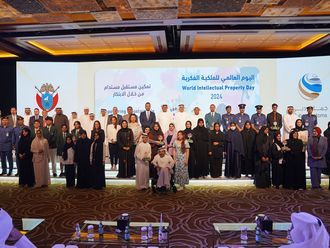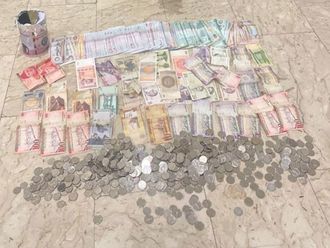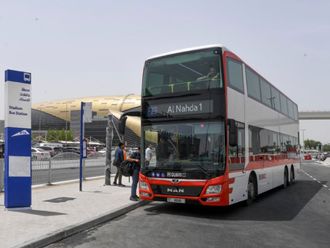Dubai: A Dubai-based expatriate woman was hoodwinked into donating Dh200,000 to refugees in an Arab country and then discovered it was a hoax, Dubai police said on Monday.
The woman saw an advertisement on social networks about families suffering in refugee camps in an Arab country and wired money to them on several occasions until she discovered she had been duped.
Lieutenant Colonel Salem Bin Salmeen, Deputy Director of Cybercrimes Department in Dubai Police, said the woman, who is a Gulf national, sympathised with so-called refugee families being profiled in the elaborate ruse.
“She claimed she saw a post on a social network about refugee children suffering from hunger and cold weather in their camp. She sympathised with their situation and started wiring money to them. She sent them Dh200,000 until she discovered it was a hoax and she was the victim of a scandal,” Lt Col Bin Salmeen said.
He said that she alerted police when she noticed the video was repeating itself in different camps.
“She noticed the same video being used with claims that it’s in a different camp in a different country. She said she was wiring the money to an exchange office in the Arab country and it seems they were cooperating with the scam artist,” he added.
He pointed that many people in the UAE want to contribute in charity activities and some times they are lured by online posts.
“Many people donate without saying anything but it’s not right because UAE has verified charity institutes to receive the donation and make sure to reach the needy people either inside or outside the country.”
However, Major General Khalil Ebrahim Al Mansouri, Assistant to the Dubai Police Chief for Criminal Investigation Affairs, warned of electronic begging saying many people send big amounts of money through the internet thinking they were donating to a good cause.
“We still have people donateing tens of thousands of dirhams to others without checking the people or the party who receive the money. Last year, there was a man who donated Dh1 million outside the country but later discovered it was a trick.”
He said the fraudsters became more organised on the internet after police tackled them on the streets.
“UAE efforts to tackle the begging problem forced the fraudsters to use technology for begging. We call it e-begging and its costs less as it only needs a post written in good style with pictures or videos,” Major General Al Mansouri said.
Police said some fraudsters even record a video for poor and homeless families and children and post it on social networks to lure victims to help them.












